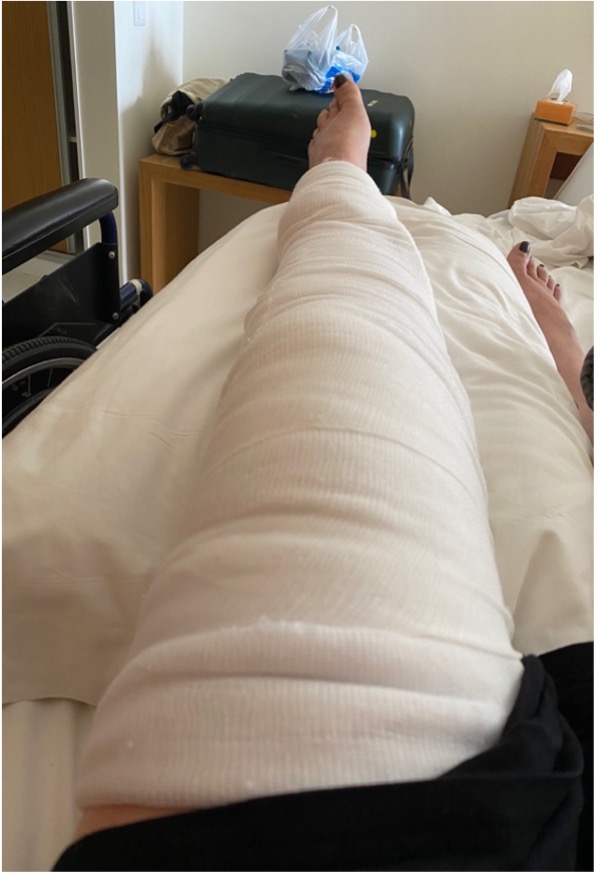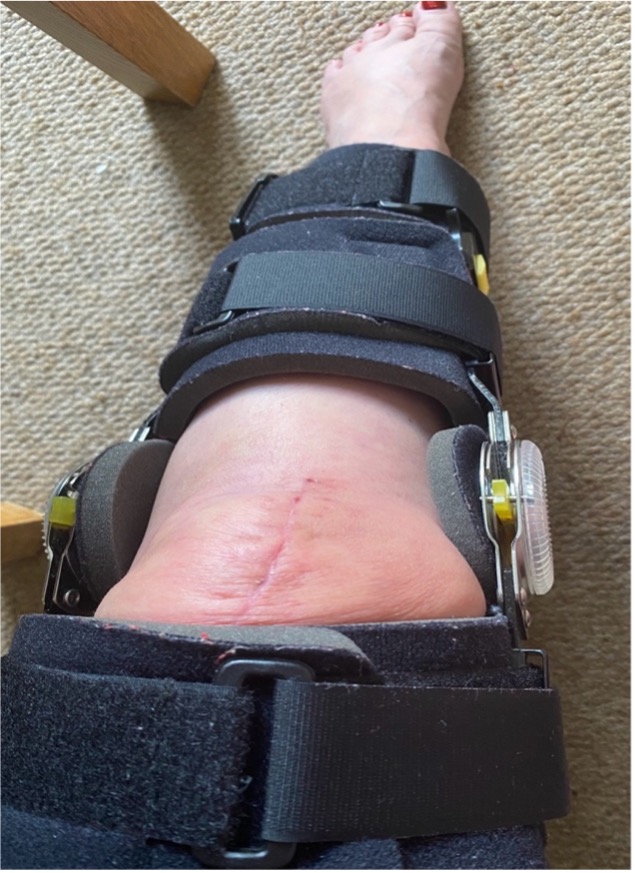Bone Health and Menopause


As many of you know in May I fell over and broke my knee cap. One minute I was walking then I caught my heel in something, I fell straight onto my knee. If I’d been at home and fallen onto the carpet, I would have been fine. However, I landed onto a solid marble floor and that was that. A deformed knee and I couldn’t walk. My fracture was caused by significant trauma but many women during the menopause can fracture bones more easily. From putting on a pair of shoes, knocking their arms on a door frame or even stubbing their toe. Weakened bones can break more easily. These types of fractures are called fragility fractures. Osteoporosis, a severe thinning of the bone, is a life changing condition and increases your risks of mortality.
The National Osteoporosis Society state
Why osteoporosis matters within women’s health:
• Osteoporosis affects women much more than men: 3.5 million people in the UK are living with the condition and 50% of women over 50 will break a bone because of it.
• Pre-existing inequalities in osteoporosis care: There is already a postcode lottery for Fracture Liaison Services (FLS) in England and Wales impacting women’s health outcomes, with only half (51%) of NHS Trusts providing the treatment and care
• Menopause is a key time for bone health: women’s bone health is crucial at the time of menopause because oestrogen levels (the female sex hormone that helps keep bones strong) decreases. Placing osteoporosis at the forefront of menopause care is important to ensure women maintain good bone health throughout the menopause and beyond. With our ageing population, osteoporosis puts an increasing burden on the NHS – currently £4.5bn a year and rising steeply each year. https://www.theros.org.uk
What can you do?
Weight bearing exercises, a healthy diet, vitamin D and of course HRT. Oestrogen helps build bone to preserve bone density and reduce risks of fractures. HRT is known to reduce risks of fractures but once HRT is stopped this protection is reduced.
Testing for Bone Density.
DXA scanning. This scan assesses your bone density using low dose radiation. Women aged 65+ are notified. Have you been called for a scan? If not you should speak to your GP about getting one. REMS scans are slightly different and more accurate type of bone scan which use ultrasound.
If you are over the age of 50, have sustained a fragility fracture, have you been offered a DXA scan on the NHS? What about having a REMS privately? To find out more about REMS look online or look up www.osteoscanuk.com
If you are having menopausal symptoms and are worried about your bone health too, why not book a menopause consultation. www.bourne2care.co.uk
Why not follow my “Knee Gate” story on www.facebook.com/bourne2care
The day after I fell then 7 weeks later. Knee cap fixed and wound healed well.






